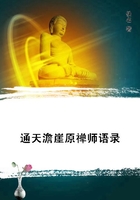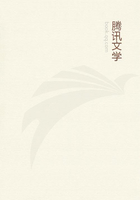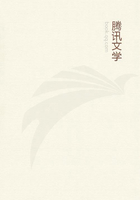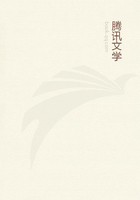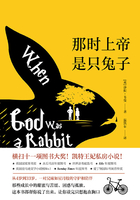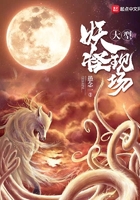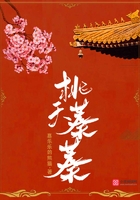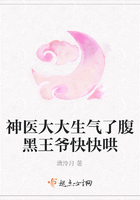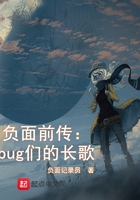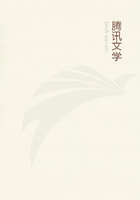The early Greeks are continually held up to us in literary works as models of the healthy-minded joyousness which the religion of nature may engender. There was indeed much joyousness among the Greeks--Homer's flow of enthusiasm for most things that the sun shines upon is steady. But even in Homer the reflective passages are cheerless,[73] and the moment the Greeks grew systematically pensive and thought of ultimates, they became unmitigated pessimists.[74] The jealousy of the gods, the nemesis that follows too much happiness, the all-encompassing death, fate's dark opacity, the ultimate and unintelligible cruelty, were the fixed background of their imagination. The beautiful joyousness of their polytheism is only a poetic modern fiction. They knew no joys comparable in quality of preciousness to those which we shall erelong see that Ilrahmans, Buddhists, Christians, Mohammedans, twice-born people whose religion is non-naturalistic, get from their several creeds of mysticism and renunciation.
[73] E.g., Iliad XVII. 446: "Nothing then is more wretched anywhere than man of all that breathes and creeps upon this earth."
[74] E.g., Theognis, 425-428: "Best of all for all things upon earth is it not to be born nor to behold the splendors of the sun; next best to traverse as soon as possible the gates of Hades." See also the almost identical passage in Oedipus in Colonus, 1225.--The Anthology is full of pessimistic utterances:
"Naked came I upon the earth, naked I go below the ground--why then do I vainly toil when I see the end naked before me?"--"How did I come to be? Whence am l? Wherefore did I come? To pass away. How can I learn aught when naught I know? Being naught I came to life: once more shall I be what I was. Nothing and nothingness is the whole race of mortals."--"For death we are all cherished and fattened like a herd of hogs that is wantonly butchered."
The difference between Greek pessimism and the oriental and modern variety is that the Greeks had not made the discovery that the pathetic mood may be idealized, and figure as a higher form of sensibility. Their spirit was still too essentially masculine for pessimism to be elaborated or lengthily dwelt on in their classic literature. They would have despised a life set wholly in a minor key, and summoned it to keep within the proper bounds of lachrymosity. The discovery that the enduring emphasis, so far as this world goes, may be laid on its pain and failure, was reserved for races more complex, and (so to speak) more feminine than the Hellenes had attained to being in the classic period.
But all the same was the outlook of those Hellenes blackly pessimistic.
Stoic insensibility and Epicurean resignation were the farthest advance which the Greek mind made in that direction. The Epicurean said: "Seek not to be happy, but rather to escape unhappiness; strong happiness is always linked with pain; therefore hug the safe shore, and do not tempt the deeper raptures. Avoid disappointment by expecting little, and by aiming low; and above all do not fret." The Stoic said: "The only genuine good that life can yield a man is the free possession of his own soul; all other goods are lies." Each of these philosophies is in its degree a philosophy of despair in nature's boons. Trustful self-abandonment to the joys that freely offer has entirely departed from both Epicurean and Stoic; and what each proposes is a way of rescue from the resultant dust-and-ashes state of mind. The Epicurean still awaits results from economy of indulgence and damping of desire. The Stoic hopes for no results, and gives up natural good altogether.
There is dignity in both these forms of resignation. They represent distinct stages in the sobering process which man's primitive intoxication with sense-happiness is sure to undergo.
In the one the hot blood has grown cool, in the other it has become quite cold; and although I have spoken of them in the past tense, as if they were merely historic, yet Stoicism and Epicureanism will probably be to all time typical attitudes, marking a certain definite stage accomplished in the evolution of the world-sick soul.[75] They mark the conclusion of what we call the once-born period, and represent the highest flights of what twice-born religion would call the purely natural man --Epicureanism, which can only by great courtesy be called a religion, showing his refinement, and Stoicism exhibiting his moral will. They leave the world in the shape of an unreconciled contradiction, and seek no higher unity. Compared with the complex ecstasies which the supernaturally regenerated Christian may enjoy, or the oriental pantheist indulge in, their receipts for equanimity are expedients which seem almost crude in their simplicity.
[75] For instance, on the very day on which I write this page, the post brings me some aphorisms from a worldly-wise old friend in Heidelberg which may serve as a good contemporaneous expression of Epicureanism: "By the word 'happiness' every human being understands something different. It is a phantom pursued only by weaker minds. The wise man is satisfied with the more modest but much more definite term CONTENTMENT. What education should chiefly aim at is to save us from a discontented life.
Health is one favoring condition, but by no means an indispensable one, of contentment. Woman's heart and love are a shrewd device of Nature, a trap which she sets for the average man, to force him into working. But the wise man will always prefer work chosen by himself."

